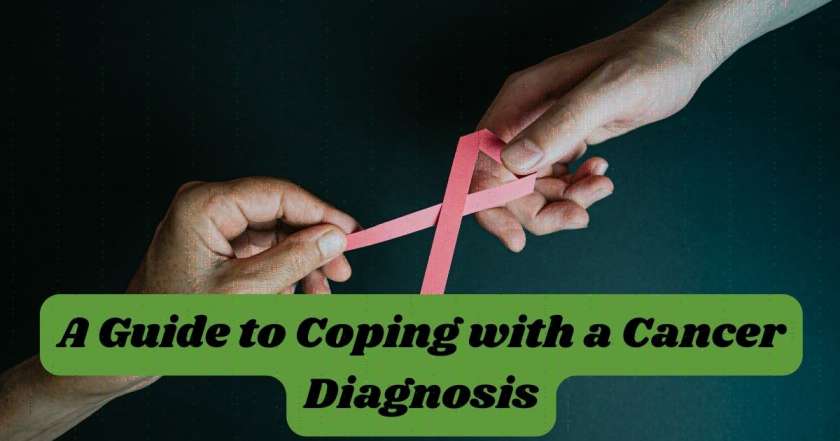Receiving a cancer diagnosis is an emotionally overwhelming and frightening experience. The initial shock and subsequent navigation of treatment options are only made more difficult with the myriad of emotions that accompany such news. It’s a journey that no one anticipates or wishes for.
However, in the presence of uncertainty and fear, there are ways to cope and find strength. In this guide, we aim to offer support and practical advice for those facing one of life’s most challenging chapters.
Face your emotions
Firstly, it’s important to acknowledge and embrace the range of emotions that you’re likely to feel. Shock, fear, anger, sadness – these are all normal reactions to hearing the dreaded words from your doctor.
Allow yourself to feel these emotions without judgement or guilt. It’s okay to grieve for any loss that has or hasn’t happened yet and the uncertainty that lies ahead. Facing your emotions is the best way to process and deal with them, rather than trying to avoid them.
Seek support
Seeking support is crucial during a time like this. Whether it’s from family, friends or dedicated groups and organisations, having a strong support network can provide some much-needed comfort and reassurance.
Don’t hesitate to lean on your loved ones for emotional support, practical help or simply a listening ear. Additionally, connecting with others who have gone through similar experiences can offer valuable insights and encouragement.
Educate yourself
Education is empowering. Take the time to learn about your diagnosis, treatment options and what to expect throughout your journey. Knowledge can help alleviate some of the anxiety and uncertainty surrounding cancer.
Ask questions, seek information from reputable sources and involve yourself in decisions regarding your treatment plan. The more you know, the more in control you can feel about the path forward. You may also want to learn about the consequences of a delayed cancer diagnosis if you want to make a claim. These cases are, unfortunately, more common than you might think.
Communicate honestly and openly
Ensuring open and honest communication with your healthcare team is crucial. They are there to support you every step of the way and can provide valuable guidance and expertise.
Don’t hesitate to discuss your concerns, preferences and any side effects you may be experiencing. They can work with you to address these issues and tailor your treatment plan to suit your individual needs.
Practise self-care
Self-care should never be overlooked. When you can find the time and energy, it’s important to prioritise your physical and emotional wellbeing. Taking care of yourself can help build resilience and enhance your overall quality of life.
Try to eat a balanced diet, engage in regular exercise (if advised by your healthcare team), get plenty of rest and practice relaxation techniques such as mindfulness or meditation.
A cancer diagnosis is undoubtedly one of life’s greatest challenges. However, by taking the steps above you can hopefully find the strength and resilience to face this journey with courage and hope. You are not alone – support is available at every stage of the journey.








